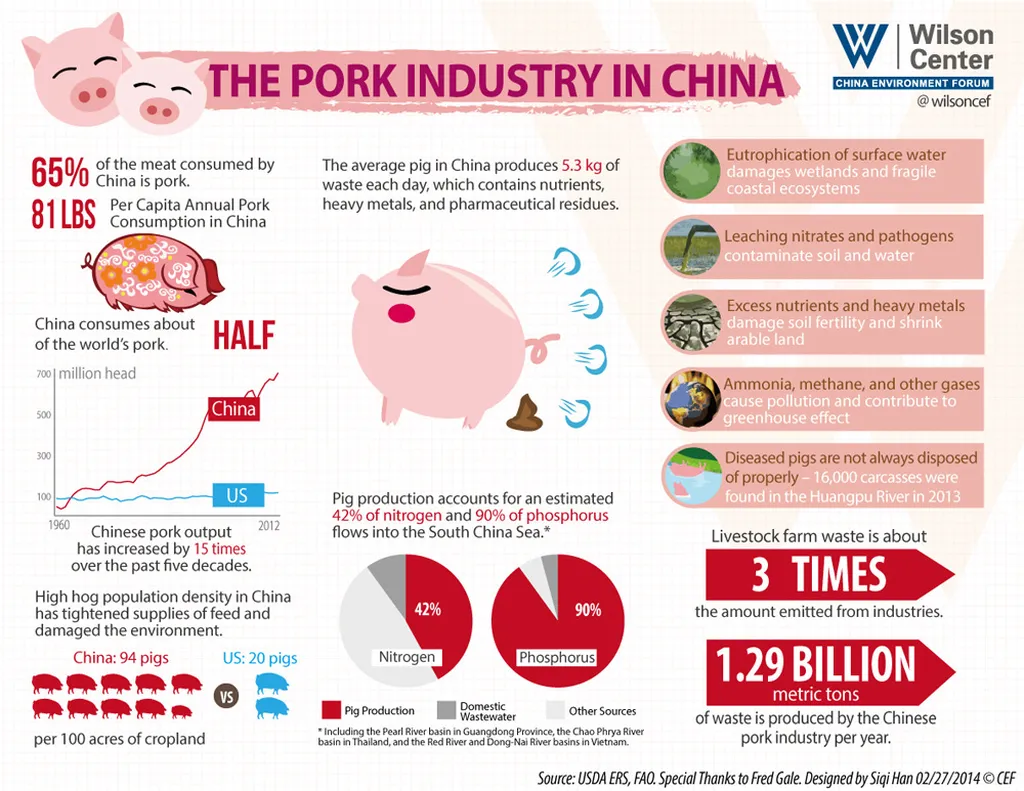In the quest for sustainable and efficient livestock production, a groundbreaking study led by Min Chen from the Department of Big Data and Intelligent Engineering at Shanxi Institute of Technology in China is making waves. The research, published in the journal *Animals* (which translates to “Animals” in English), introduces a novel approach to real-time pig weight assessment and carbon footprint monitoring using computer vision and deep learning. This innovation promises to revolutionize the agricultural sector, offering significant commercial impacts for the energy sector by optimizing resource consumption and reducing environmental impact.
The study, conducted from December 2024 to May 2025, focuses on minimizing the carbon footprint in pig production, a critical step towards achieving carbon neutrality and peak carbon emissions. By employing a real-time pig weight estimation model driven by deep learning, the researchers aim to optimize feeding strategies and reduce resource consumption. “Our goal is to provide a data-driven solution that enhances resource efficiency and reduces environmental impact,” says Min Chen, the lead author of the study.
At the heart of this research is EcoSegLite, a lightweight deep learning model designed for non-contact real-time pig weight estimation. Incorporating ShuffleNetV2, Linear Deformable Convolution (LDConv), and ACmix modules, EcoSegLite achieves high precision in resource-constrained environments with only 1.6 M parameters, attaining a 96.7% mAP50. This model was integrated with a life cycle assessment (LCA) framework to optimize feeding management, resulting in a 7.8% reduction in feed intake, an 11.9% reduction in manure output, and a 5.1% reduction in carbon footprint.
The study’s findings are not just theoretical. By monitoring the full lifecycle of 63 pigs at the Pianguan farm, the researchers validated the effectiveness of their optimized feeding strategy. The resulting growth curves and reductions in feed and manure also suggest potential decreases in water consumption and nitrogen runoff. “This approach paves new pathways for precision agriculture and sustainable livestock production,” Chen explains.
The implications of this research extend beyond the agricultural sector. By reducing the carbon footprint and optimizing resource consumption, this technology can significantly impact the energy sector. Efficient livestock production means lower energy requirements for feed production and transportation, contributing to a more sustainable energy landscape.
Looking ahead, this research could shape future developments in precision agriculture and sustainable livestock production. The integration of deep learning models with life cycle assessment frameworks offers a powerful tool for optimizing resource use and reducing environmental impact. As Min Chen notes, “Our study offers a data-driven solution that enhances resource efficiency and reduces environmental impact, paving new pathways for precision agriculture and sustainable livestock production.”
In an era where sustainability and efficiency are paramount, this research provides a compelling example of how technology can drive positive change. By leveraging the power of deep learning and computer vision, we can create a more sustainable future for livestock production and beyond.

